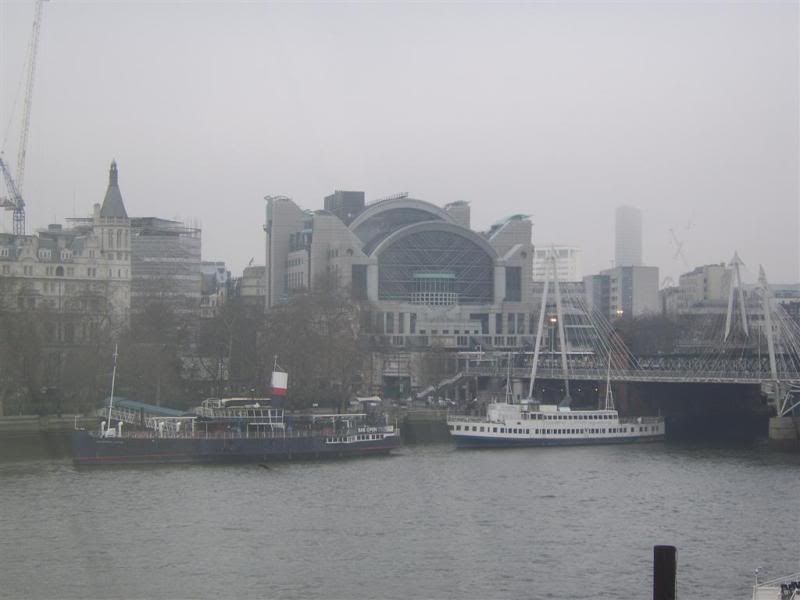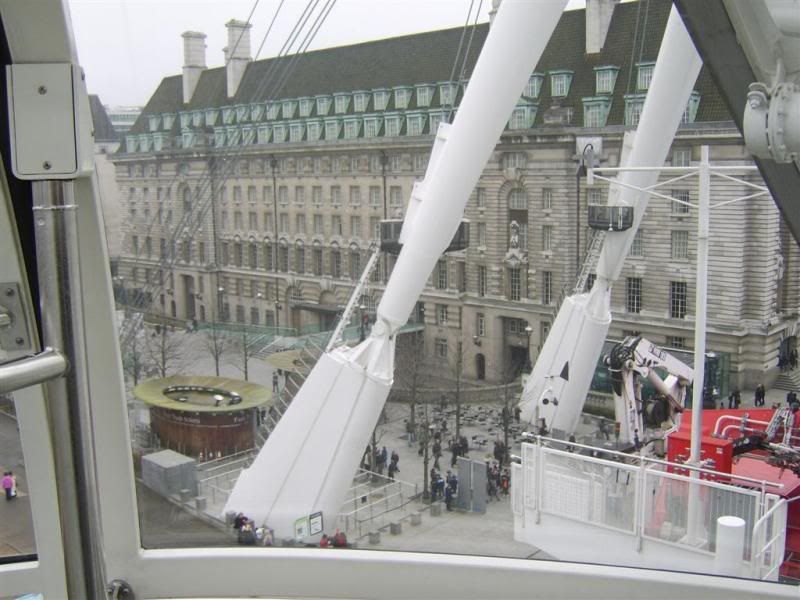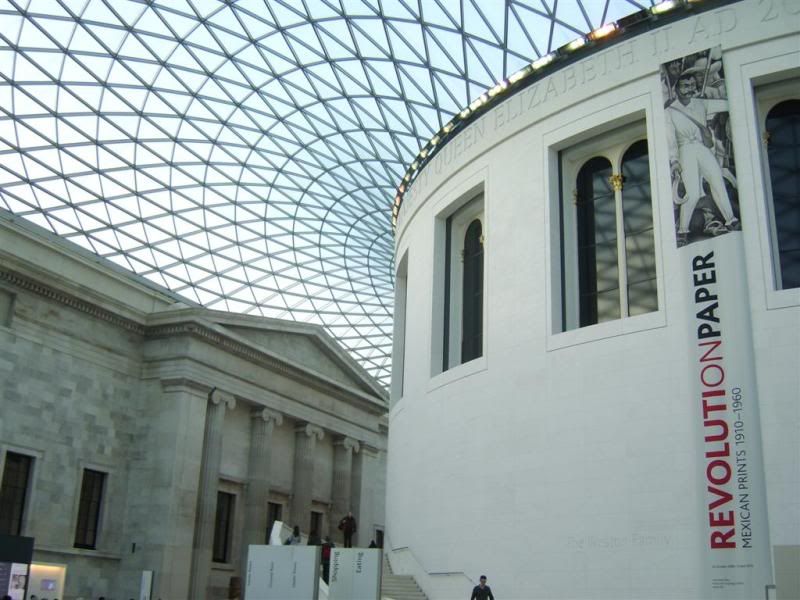Listening to PM tonight I heard an interesting story. Apparently, Cherie Blair kept a violent man out of prison because he is 'religious'.
Shamso Miah, 25, broke another customer's jaw during the violent 'queue rage' attack after a row erupted about who was next in line. Miah, a devout Muslim, had just left his local mosque when he became enraged and grabbed victim Mohammed Furcan before punching him. The Miah ran outside but Furcan chased after him and demanded to know why he had been struck. The pious Miah then punched him again, connecting with the right side of his face and causing him to collapse to the ground in East Ham. His car number plate was reported to the police and, when arrested, he claimed he had acted in self defence.
But the court heard the bank's CCTV footage showed he was the aggressor. Miah pleaded guilty to assault occasioning actual bodily harm. Blair, or Booth as she likes to be known, summed up thus 'I am going to suspend this sentence for the period of two years based on the fact you are a religious person and have not been in trouble before. 'You caused a mild fracture to the jaw of a member of the public standing in a queue at Lloyds Bank. 'You are a religious man and you know this is not acceptable behaviour.'
Excuse me? What has religion got to do with it? Ann Atkins (barf) was wheeled in as the rent-a-quote for this piece and she stated that religious people, particularly Christians, are more moral and better than non-religious people. Really? That's news to me. As far as I know religion usually makes good people do bad things, it certainly doesn't make them better moral agents. A representative from the secular society said much the same and made Atkins look like the fool she is.
Blair/Booth's message is quite clear if you're religious that makes it alright. Does it not follow from this judgement that all religious people, who are found guilty of assault and occasioning actual bodily harm, should be released because they know above all others that bashing people about is not acceptable behaviour?
Miah was sentenced to six months in jail, suspended for two years, and was ordered to carry out 200 hours of community service.










 mischievous
mischievous  animated
animated 

